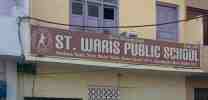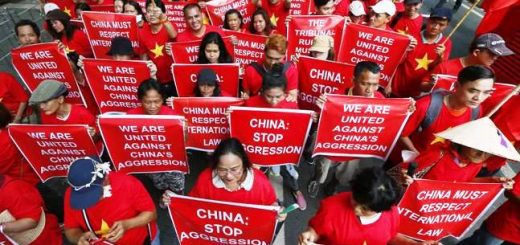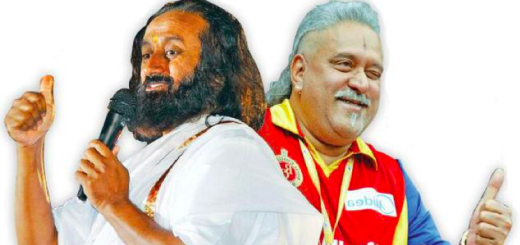Why private schools take Christian saints’ names

(Matters India): On September 11, soon after the principal of an institution named St Xavier’s High School was arrested in Mumbai on charges of molesting two boys, some Indians on Twitter began simmering with rage. The arrested principal is a man named Rosario Alphonso, and many Twitter users took this as an opportunity to unleash a torrent of abuse against Christian priests and paedophilia.
A lot of the abuse was channelled through the hashtag #ShameOnJohnDayal, specifically targeting journalist and minority rights activist John Dayal who had tweeted about the principal’s arrest by asking, who owns the school?
Unsurprisingly, many of those who saw news reports on the molestation assumed that the school in question – St Xavier’s in Andheri East, Mumbai – is a Christian institution whose principal must have been a priest. The assumption is not entirely unfounded: most schools run by the Catholic church are headed by priests and nuns, and in the past few years, cases of priests getting caught for paedophilia have made international headlines.
But in this case, the assumption – and the abuse – was completely off the mark.
As Catholic as it may sound, St Xavier’s High School in Andheri East is actually a private school, run by the Ryan Group of educational institutions that also include the more well-known franchise of Ryan International Schools around the country. The school’s trustees, Grace Pinto and AF Pinto, happen to be Christian, but the school itself has no connections with the Church or any of its denominations. The principal arrested for molestation is a Christian too, but he was not a priest.
Common names
For institutions actually run by Christian church denominations, such cases of mistaken identity are a familiar phenomenon. Everywhere across India, there seem to be schools named after popular Christian saints – St Mary’s, St Xavier’s, Don Bosco and dozens more. But contrary to expectations, a sizable number of them are not the Church-run “convent” schools that they appear to be.
Typically, institutions named St Xavier’s or St Ignatius are run by the Jesuits, a Catholic congregation of priests founded by Ignatius of Loyola in the 16th century. Don Bosco institutions are run by the Salesians, another Catholic congregation.
“But there are many other private Don Bosco schools in India that have nothing to do with the Salesians,” said Father Nigel Barrett, the spokesperson for the Archdiocese of Bombay, the central body of the Roman Catholic church in the city.
In the Mumbai metropolitan region, there are at least eight Don Bosco institutions officially run by the Salesian order, but at least four that are private and unaffiliated to the Church. Similarly, there Archdiocesan board of education runs at least 150 schools in Mumbai and Thane district, but that number does not include dozens of other schools named after various “saints”.
“St Xavier’s is a much more common name than Don Bosco among private non-Church schools,” said Father Savio Silveira, a Salesian priest at Don Bosco, Matunga.
The Ryan International group, for instance, has at least 10 educational institutions named after St Xavier across India, in addition to schools named after St Lawrence, St Joseph, St Francis, St Mary and Fr Agnelo.
At times, schools manage to sound like Christian schools even without a Christian name. This Hindi-medium school in Uttar Pradesh’s Barabanki district, for instance, is named after a 19th century Sufi saint – Haji Waris Ali – but the choice of “St” as a prefix instead of “Haji” or “Pir” is telling:
What’s in a name?
For church-run institutes, having multiple namesakes among private schools can be a double-edged sword. Getting an English-medium “convent” education has long been a goal for middle-class Indians, so private schools named on the lines of Christian schools can be seen as an acknowledgement of the success of church-run institutes.
The Church sees education as a social mission, “but there are some private schools who see it as a business, and they use names of saints because it is good for business”, said Barrett. “But the problem arises only when there is an issue, like this case of child molestation.”
At times like these, the church and the schools that share the same name are dragged into the controversy. But there is little that the church has been able to do.
In 2011, Salesian priests filed a case against a private trust in Madhya Pradesh for registering and claiming ownership to the “Don Bosco” title, even though church-run Don Bosco institutions have been running in India for more than 100 years.
Most other times, however, the church merely lets the issue pass. “If there are any negative incidents in private schools that share our name, we don’t really take any action,” said Silveira. “We put out clarifications only if we get calls from the media.”
















